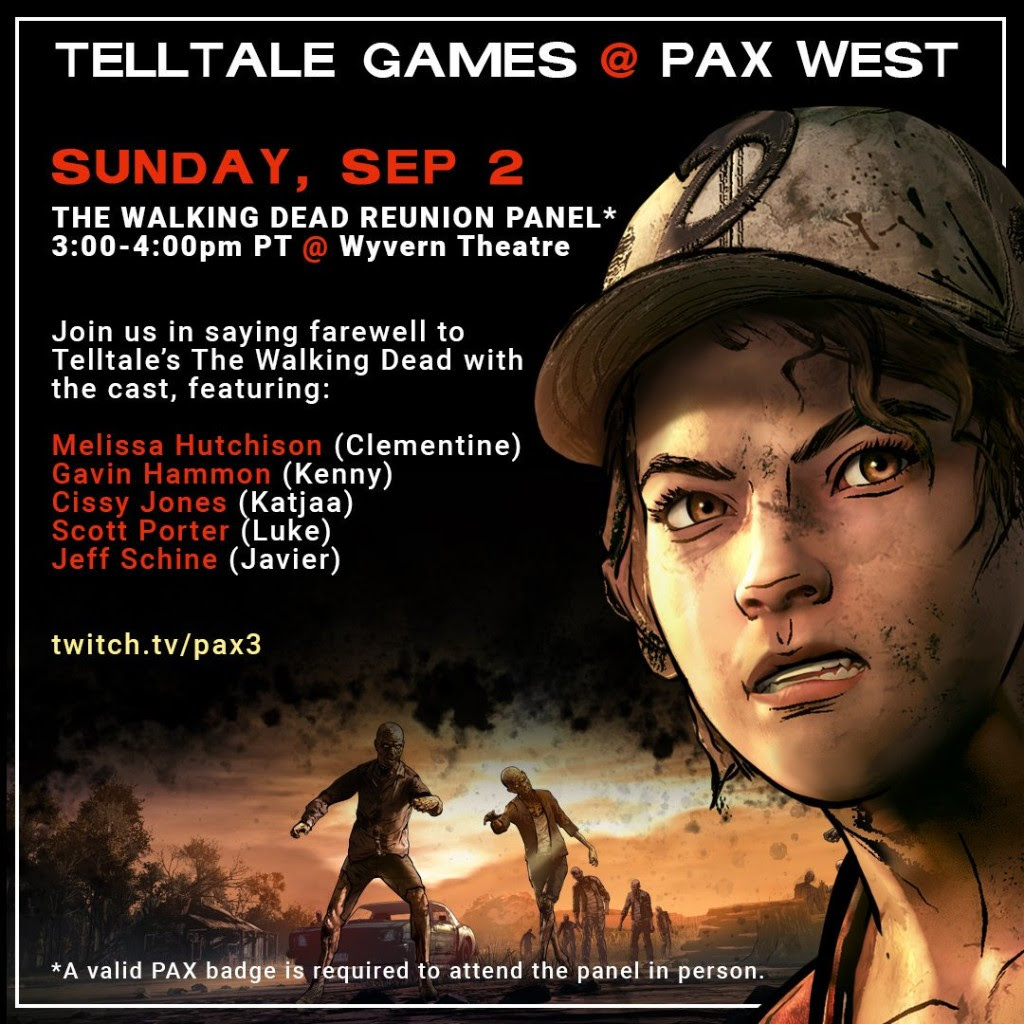

And all four episodes propelled the game into its final act, which was fantastic, emotional finale the series had been building up to this whole time. Episode 2’s farm storyline was dark and unforgettable and Episode 4’s look into the elitist society made for a good, mysterious character drama. They worked well separately, but, when placed together, they formed a beautiful bond that stands the test of time.Įach episode also wonderfully crafted a self-contained story that contributed to the story at large, which episodic games can sometimes fail to do. Lee was a noble, caring man and Clementine was sweet, endearing, and never bothersome-something few kids in media seem to get right. Lee and Clementine’s dynamic gave the typical apocalypse narrative a personal spin that still works to this day. Other Telltale games since have streamlined the formula since but The Walking Dead’s first season had something that ages better than a more polished presentation: a fantastic, character-driven narrative. Best Telltale Games: The Walking Dead Season 1 The Wolf Among Us was a gamble that paid off-creatively, at least.

Fans lobbied to get a sequel made because of that teaser ending but also because it was just a great surprise addition to Telltale’s portfolio. The mystery was well-paced over its five episodes and gave a satisfactory conclusion while also tantalizingly dangling a sequel at the very end. His grit was necessary to get through the tough fairy tale underworld but he didn’t sacrifice his likability between his more wolf-like moments. And despite its striking, bright color palette, it worked beautifully as a noir-style adventure that its protagonist, Bigby, was perfectly suited to navigate. It crafted a intriguing murder narrative that tackled subjects like oppression, poverty, and abuse with tact and discretion. The Walking Dead was mature, but The Wolf Among Us was a step from that. And while Telltale may have stumbled slightly with other licenses like Guardians of the Galaxy and Game of Thrones, The Wolf Among Us showed the studio’s knack for taking a property and putting its stamp on it. Adapting a huge television show like The Walking Dead already comes with an audience but picking a relatively obscure comic series like Fables and going from there is a much harder task. The studio was just rolling off the first season of The Walking Dead and the team needed to prove that it wasn’t just a one-trick zombie. The Wolf Among Us was a big test for Telltale. The narrative may have taken an odd detour to Weirdsville before the end, but it was a fantastic journey and one of Telltale’s best titles. Telltale’s storytelling strengths were a natural fit for the orphaned playboy and the game knew when to bounce between Wayne’s two identities. While we are used to breaking jaws and screaming “WHERE IS SHE?” as Batman, the games have yet to show his alter ego in an interesting way. The story kept this in mind as it also focused more on Bruce Wayne than we typically see. Instead, Batman: The Telltale Series was fresh and inventive but also kept the spirit of the Bat. It didn’t rigidly adhere to what other Batman media had been reiterating for years. But those expectations allowed Telltale to completely flip what we’d considered to be core tenets of the Caped Crusader.


 0 kommentar(er)
0 kommentar(er)
